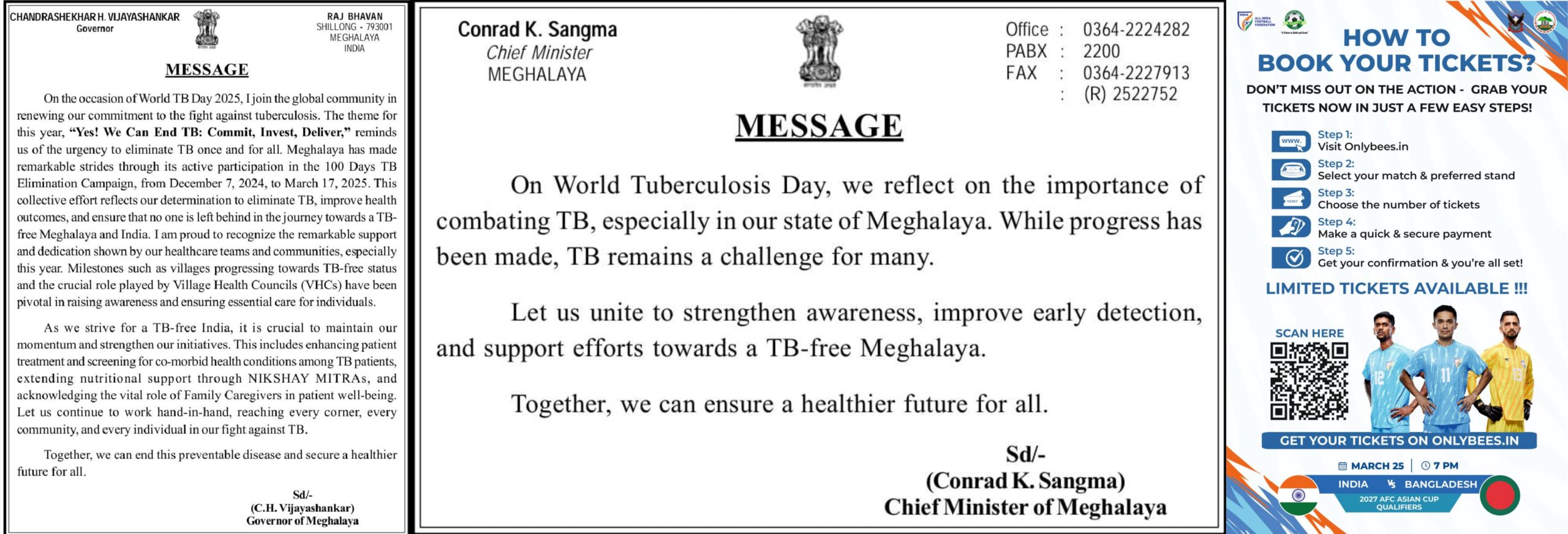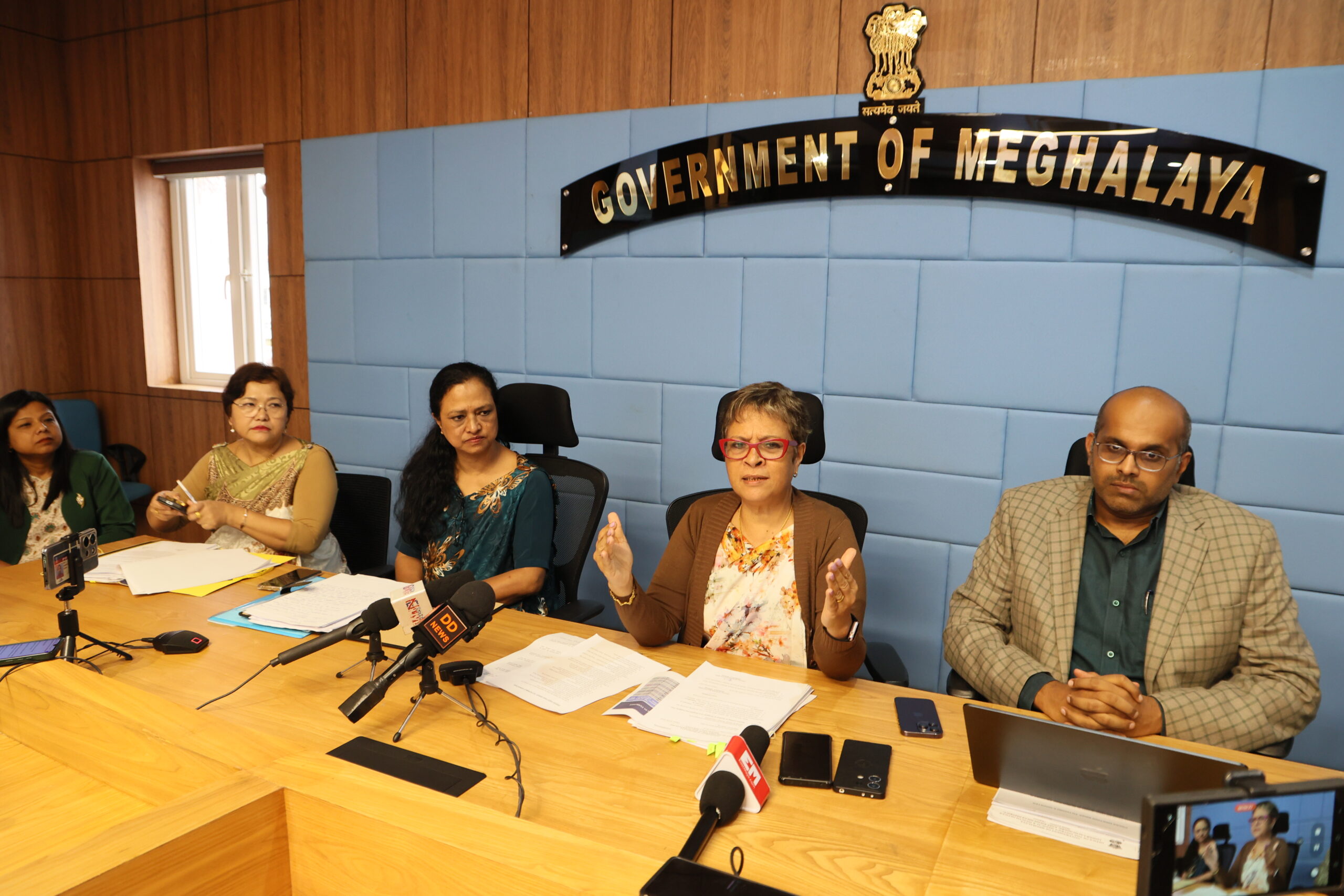SHILLONG, SEP 26 – State Immunization Officer Dr. Badira Mawlong revealed on Thursday that Meghalaya recorded 214 cases of measles and 11 outbreaks between January and August of this year. The rise in cases has sparked concern among health officials, particularly due to widespread vaccine hesitancy in some communities.
“This is really a concern for our state because there are many refusals for measles vaccination,” Dr. Mawlong said. She explained that some parents allow their children to receive only the first dose of the vaccine, missing the crucial second dose. Additionally, there is a belief within certain communities that measles, referred to as “Niang Blei,” should not be interfered with, leaving children vulnerable.
She further elaborated, “The immunity of the child will be low during that time, and bacteria will take the opportunity to attack. Many children die from complications like pneumonia, diarrhea, and fever.”
Dr. Mawlong also pointed out the challenge of parents refusing to provide blood samples when their children exhibit fever and rashes, symptoms indicative of measles. “These refusals are a significant concern because early diagnosis and treatment could save lives.”
She added that measles can lead to blindness in some cases, urging more awareness and cooperation from the public. “If they get vaccinated, they wouldn’t get measles anymore, or if they do, it would be a mild form that wouldn’t be life-threatening.”
The reluctance to vaccinate is often rooted in superstition and religious beliefs. Dr. Mawlong also noted that some parents are afraid their children will develop a fever after receiving the vaccine, further contributing to refusal rates.
Meanwhile, National Health Mission (NHM) Director Ram Kumar noted a significant improvement in immunization acceptance, with 90% of the population now receiving vaccines.
“In the last year and a half, we have enhanced our surveillance activities, and as a result, the number of reported cases has risen from 80 last year to 214 now,” Kumar explained. He emphasized the importance of uninterrupted vaccination, stating, “There are two doses, and 95% of vaccinated children will not get measles. Any rash or fever should be reported immediately for treatment.”
Health officials are urging communities to cooperate with vaccination and surveillance efforts to prevent further outbreaks and reduce the risk of severe complications from measles.


